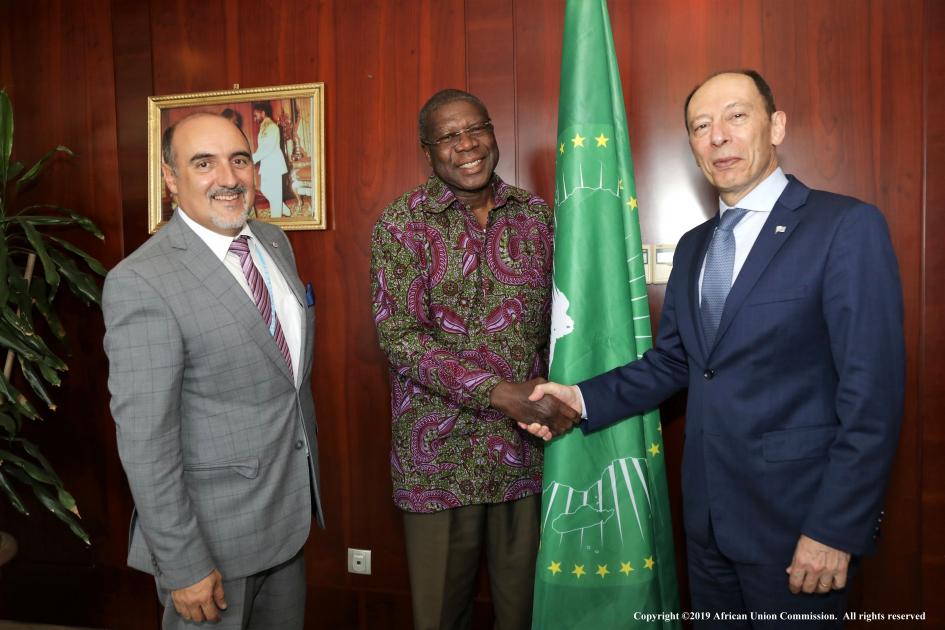Ressources
Agenda 2063 is Africa’s development blueprint to achieve inclusive and sustainable socio-economic development over a 50-year period.
MANUAL ON MODALITIES FOR ENHANCING COORDINATION BETWEEN THE PEACE AND SECURITY COUNCIL OF THE AFRICAN UNION AND THE AFRICAN MEMBERS OF TH
The purpose of the African Union Accountability Framework on the elimination of harmful practices in Africa is to ensure that good perfor









